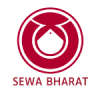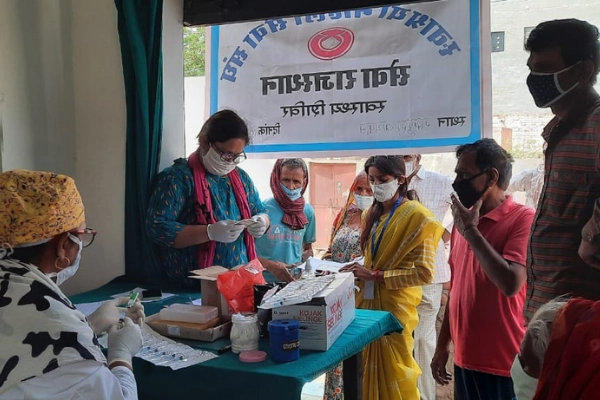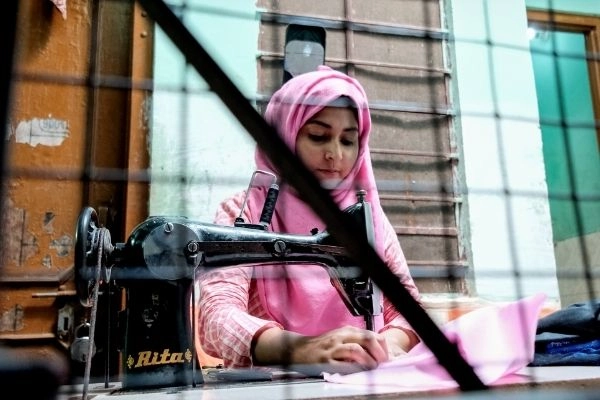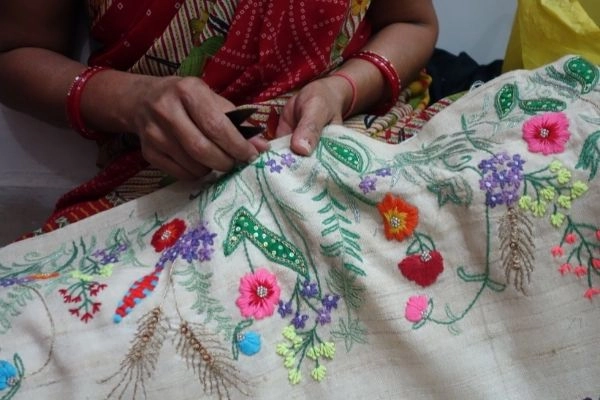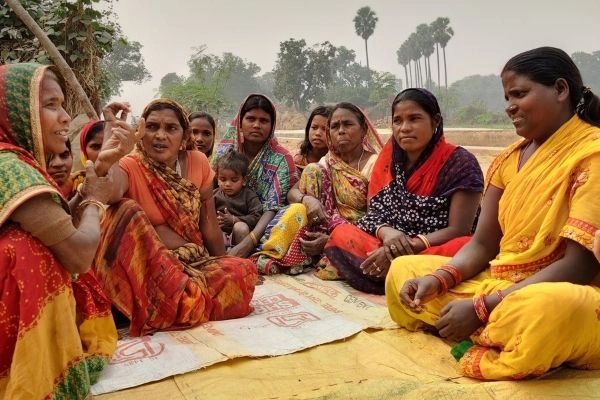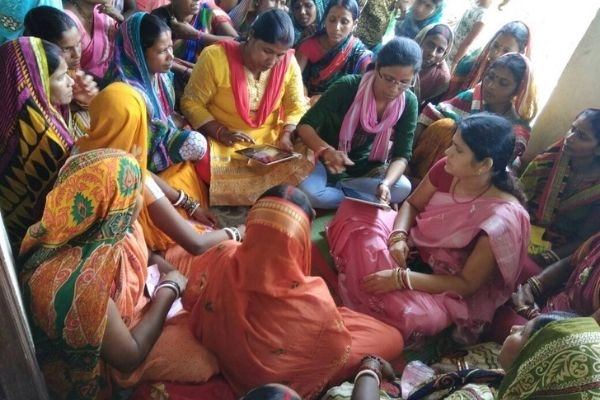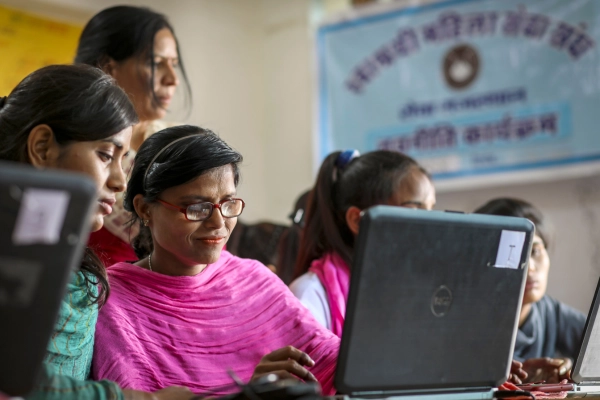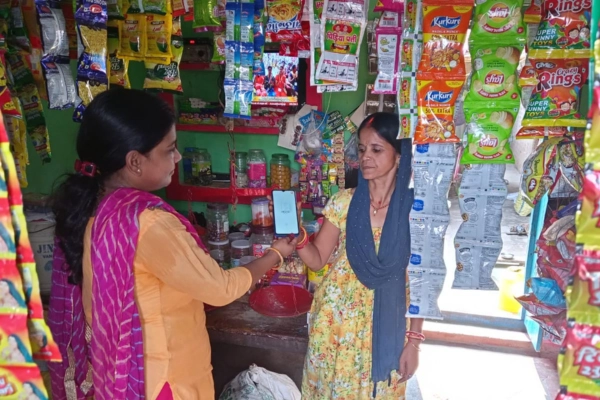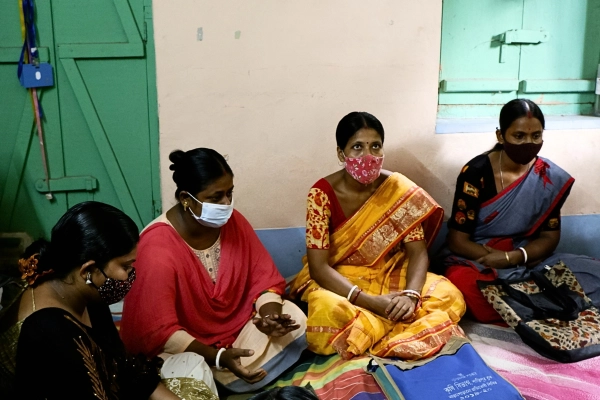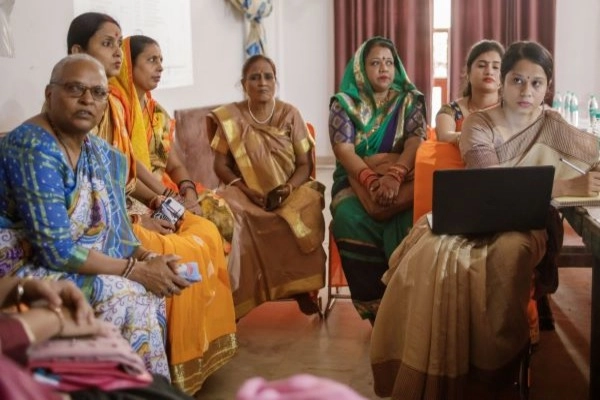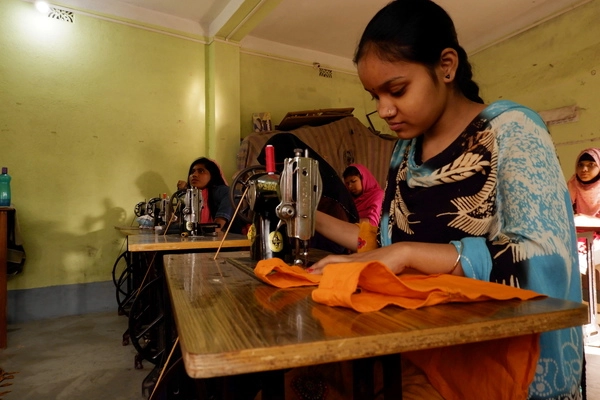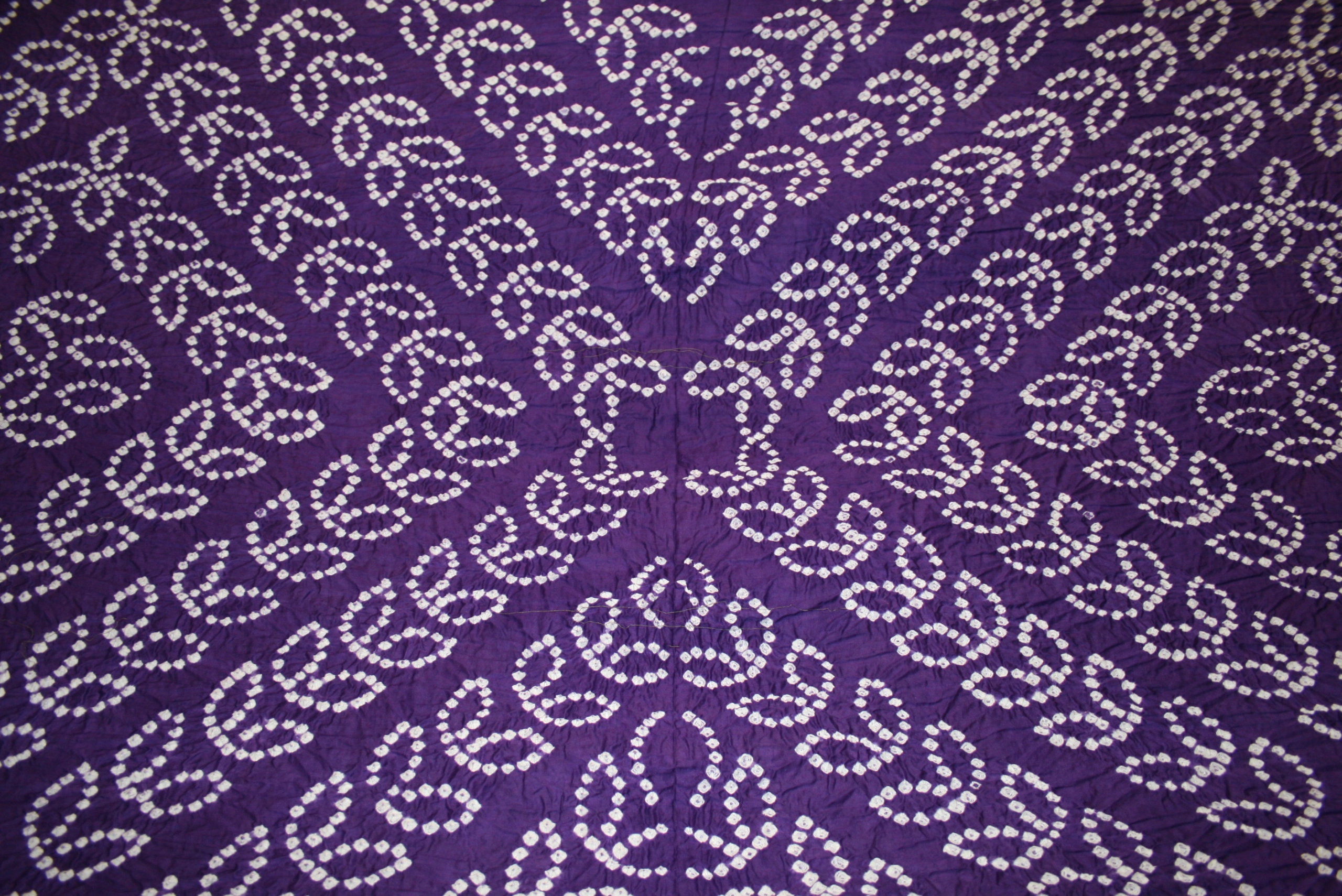Search Research Publications on Sewa Bharat
I don’t share personal details with just anybody,” said Gunja Kumari Ben, a resident of Bhagalpur, Bihar, as she was approached for a conversation. But when we came to know that she was being approached by SEWA Bharat, Gunja Ben visibly let go of some of her inhibitions. She told that she was familiar with the organization’s work, and began sharing about her trade and recent struggles as a microentrepreneur. She is a tailor who used to earn well until two years ago, but since the onset of COVID-19, she has lost her source of income. Even her husband lost his means of livelihood that came through a cloth business. Gunja Ben and her family had some savings during the 2020 lockdown with which they were able to run their household. But during the second lockdown, it became imperative for them to get a loan from a moneylender at a massive interest rate of 10%, which they are under pressure to return soon. Gunja Ben keeps herself updated about the fast-spreading disease, the possibility of lockdowns, and the vaccine through the TV news, Whatsapp groups, neighbors, and newspapers. She proudly tells us how she uses a mask and sanitizer even within her house and washes her hands multiple times a day. Despite her economic condition she remains hopeful that: when the lockdown opens, she will get to work again.
I don’t share personal details with just anybody,” said Gunja Kumari Ben, a resident of Bhagalpur, Bihar, as she was approached for a conversation. But when we came to know that she was being approached by SEWA Bharat, Gunja Ben visibly let go of some of her inhibitions. She told that she was familiar with the organization’s work, and began sharing about her trade and recent struggles as a microentrepreneur. She is a tailor who used to earn well until two years ago, but since the onset of COVID-19, she has lost her source of income. Even her husband lost his means of livelihood that came through a cloth business. Gunja Ben and her family had some savings during the 2020 lockdown with which they were able to run their household. But during the second lockdown, it became imperative for them to get a loan from a moneylender at a massive interest rate of 10%, which they are under pressure to return soon. Gunja Ben keeps herself updated about the fast-spreading disease, the possibility of lockdowns, and the vaccine through the TV news, Whatsapp groups, neighbors, and newspapers. She proudly tells us how she uses a mask and sanitizer even within her house and washes her hands multiple times a day. Despite her economic condition she remains hopeful that: when the lockdown opens, she will get to work again.


Sample Text


Latest Publications
Digital and Financial Inclusion of Women in the Informal Sector: An Exploration
This study is an attempt to understand how women in the informal sector are located with respect to accessing financial services, insurance and digital tools.
Impact of Access to Smartphones for Women in the Informal Sector
This report traces the impact of increased smartphone access for women microentrepreneurs across multiple sites in India.
Vulnerabilities in a Crisis: Making a Case for Resource Infusion into Communities
In this study, we have examined the impact of targeted conditional and unconditional cash transfers on the lives of women who received them to see if cash transfers proved effective in alleviating the misery women were going through during COVID-19.
You Can Bank on Me
This report aims to capture the far-reaching impacts of the Delhi Credit Cooperative (DCC), an enterprise owned and managed by SEWA members in Delhi.
Women and Credit
SEWA Bharat partnered with MSC to research women entrepreneurs’ credit journeys and experiences. The report “Women and Credit: Access to Credit for Micro and Small Female Entrepreneurs in India” delves into micro and small women entrepreneurs’ credit journey and explores demand and supply-side factors. The study shares insights on credit requirements, experiences, challenges, and key credit success determinants for individual and collective women-led enterprises. It also shares the supply-side experiences of bankers and other organizations and some good practices supply-side stakeholders implement to mitigate and distribute credit risk.
Case Study – Bandhani Work in Jaipur
Case Study - Bandhani Work in Jaipur > Research > Organizing & Leadership This case study explores Bandhani work in Jaipur, Rajasthan, focusing on the involvement [...]
